Sea levels are already rising. What’s next?
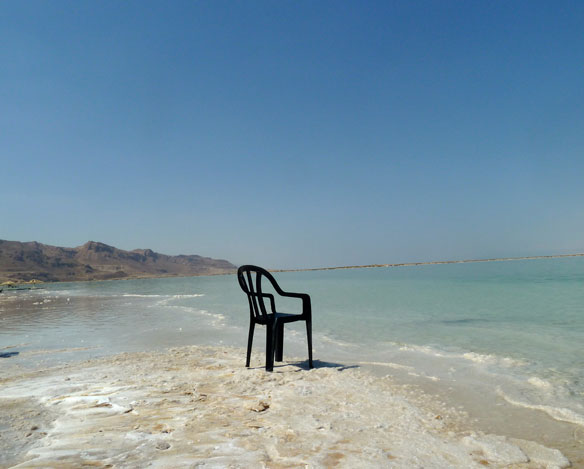
Climate change is battering coasts with storms and floods, but we still haven’t grappled with the risks of what’s to come.
The zombie diseases of permafrost
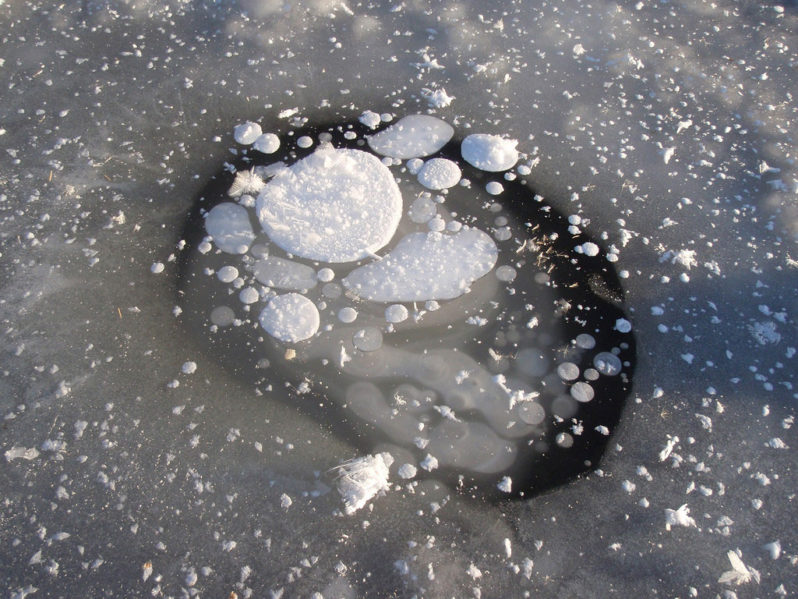
What lurks in the Arctic’s thawing permafrost? Climate change, in other words, could awaken Earth’s forgotten pathogens. It is one of the most bizarre symptoms of global warming. And it has already begun to happen.
More exploration approved at Icy Cape, Alaska
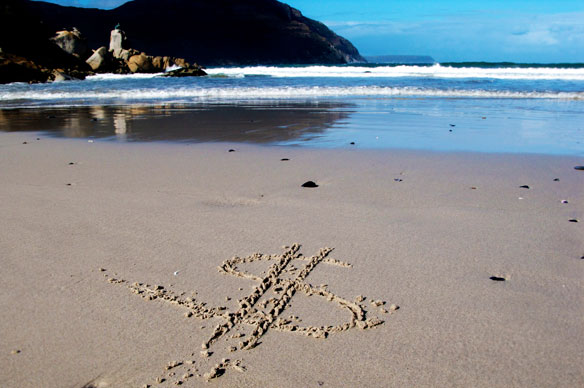
A long stretch of beach at Icy Cape near Yakutat holds the possibility of massive mineral deposit that could produce millions in mining revenue for the Alaska Mental Health Land Trust.
Radioactivity Lingers from 1946-1958 Nuclear Bomb Tests
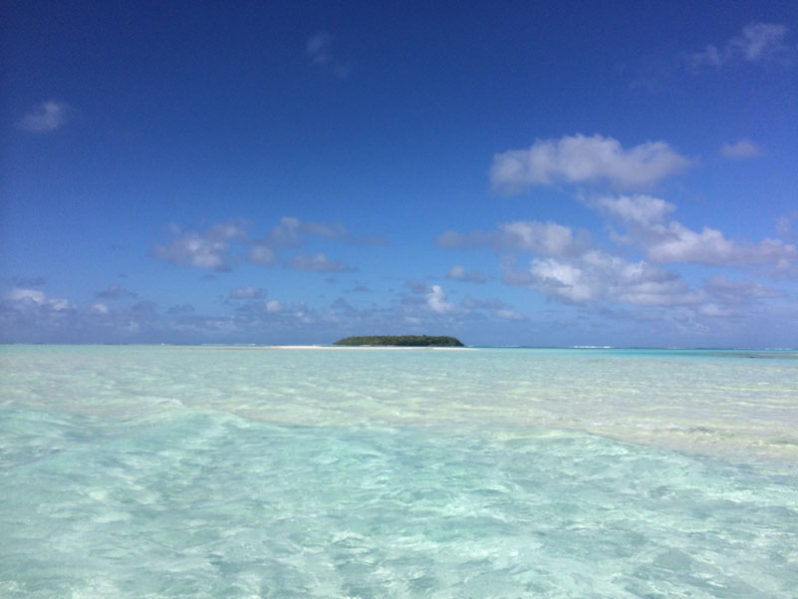
Scientists have found lingering radioactivity in the lagoons of remote Marshall Island atolls in the Pacific Ocean where the United States conducted 66 nuclear weapons tests in the 1940s and 1950s.
Sand washes away as quickly as it can be dumped, Bathtub Beach, FL
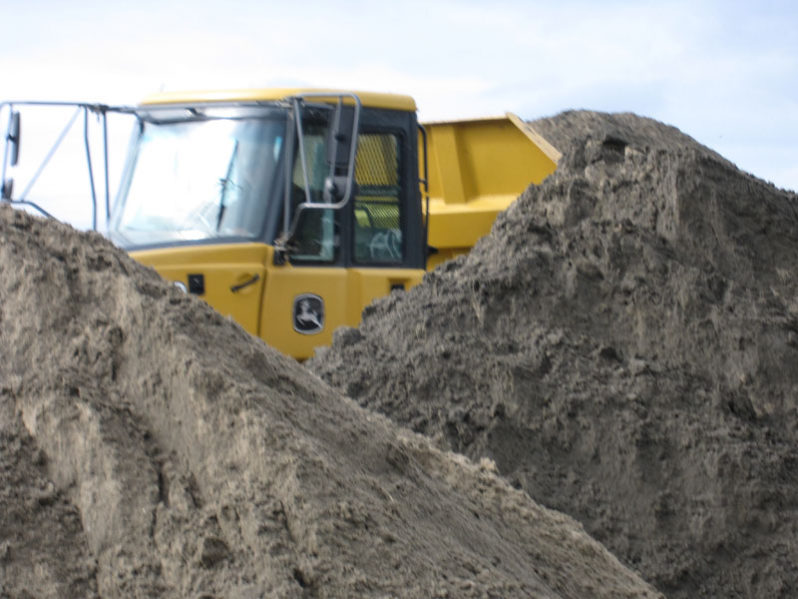
Between 2004 and 2014, some $13.6 million was spent on beach renourishment in Martin County, Florida. About $7.1 million came from local funds — your tax dollars. In the past two years, more than $6 million from a variety of sources has been spent to renourish and restore dunes at Bathtub Beach alone.
Coastal Commission Rejects Bid to Cancel Broad Beach Sand Replacement Permit
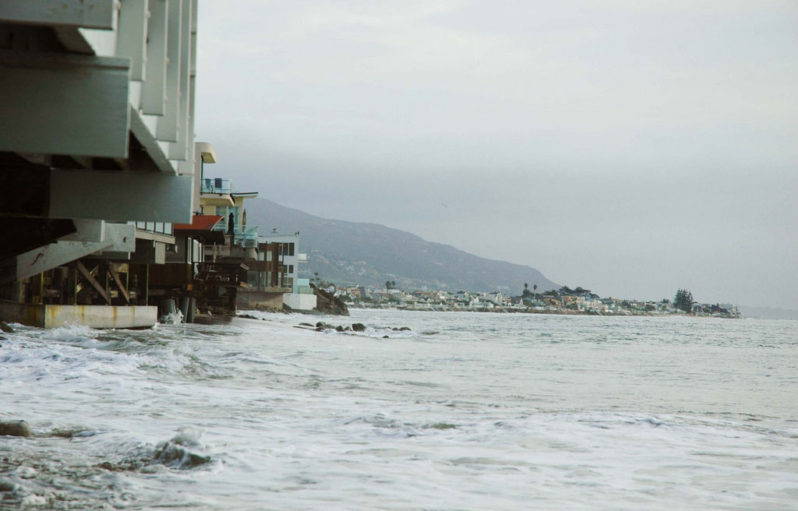
One of the line-items on the November 2017 California Coastal Commission agenda was a one-year extension of the beleaguered Broad Beach Replenishment Project. Following years of delays with issues ranging from sand sourcing to legal battles of all shapes and sizes, the project has been slow to get off the ground, and proponents of alternatives such as artificial reefs are hoping to succeed.
Amed Beach, Bali

Amed Beach has a second name, one that becomes clearer once you walk to the coast and notice the dark volcanic sand. The gorgeous beach is also dubbed “Black Beauty” for its inky coastline.
Pacific Island countries could lose 50 to 80% of fish in local waters under climate change
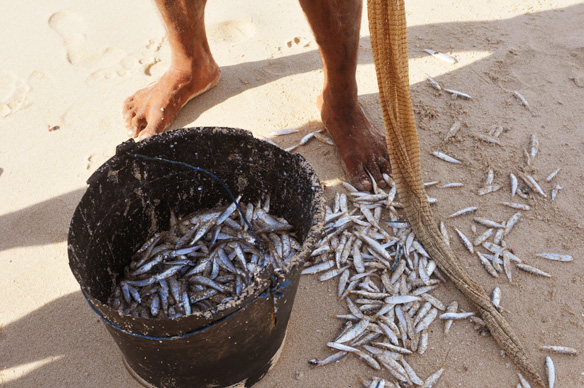
Many Pacific Island nations will lose 50 to 80 percent of marine species in their waters by the end of the 21st century if climate change continues unchecked, finds a new study. This area of the ocean is projected to be the most severely impacted by aspects of climate change.
Plastics found in stomachs of deepest sea creatures
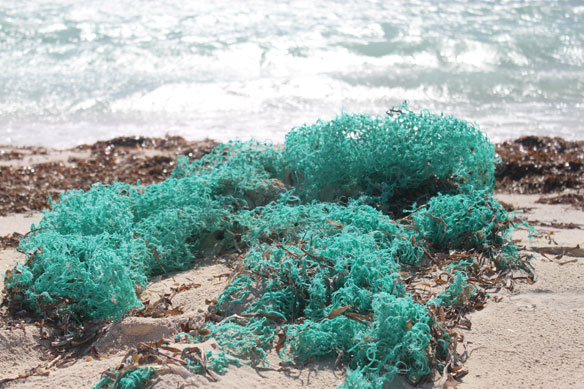
The study, led by academics at Newcastle University, found animals from trenches across the Pacific Ocean were contaminated with fibres that probably originated from plastic bottles, packaging and synthetic clothes.
